The Lekki Deep Sea Port, located in Atlantic waters off the shores of Lagos, opened in January 2023 as one of the deepest ports in Africa. This was received as a cheering news in Nigeria noted for her poor infrastructural and operational support for a maritime trade that was worth $45 billion for the five years from 2015-19.
However, that news on its own merits, was dampened by the revelation that the Chinese owned 75% of Lekki Deep Sea Port; will administer, staff, and operate it independently; and retain 75% of the profits it generates.
Join our WhatsApp ChannelIt was like the beginnings of a horror movie we had watched before.
Sir Tafawa Balewa borrowed $82 million to build Kainji Dam; sixty-two (62) years later we are still benefiting from Kainji Dam. Today, we owe a debt that could build 160 Kainji Dams. But where are the dams? We have not invested in regenerative projects! – Peter Obi, Labour Party’s candidate for president.
Per Nigeria’s Debt Management Office (DMO), Nigeria’s public debt stock was $87.239 as at March 31, 2021; representing a 0.58% from December 31, 2020. – NAN
When is Nigeria Going to Become a Chocolate Superpower?
READ ALSO: The Lekki Free Port? – SPECIAL REPORT(2)
Sixty-two (62) years after her nominal independence from Britain, Nigeria remains a socioeconomic dependency under the sphere of influence of Western democracies. She exports crude oil and gas, palm oil and cocoa, and qualified doctors and nurses trained in Nigeria’s public universities. But she imports all – or nearly all – of her kerosene and petrol, cars and private jets, grains and medicines, garments and textiles, and wigs and eyelashes.
READ: Lekki Deep Sea Port Will Create 170,000 Jobs – Sambo
Statista reports that Nigeria’s estimated trade deficit in 2021 amounted to $5.01 billion. Nigeria is able to borrow to consume because her future crude oil earnings serve as a collateral for new loans. So she remains a beautiful bride for lenders and creditors. Moody’s sometimes downgrades Nigeria’s credit ratings, like they did last month when they cited ‘the expectation that her fiscal and debt position will continue to deteriorate’. – per Reuters. But that didn’t prevent Eurobond from extending a facility worth $1 billion to Nigeria in 2017. Same for IMF which granted her a Rapid Financing Instrument worth $3.4 billion in 2020. We sign up new loans but we can’t even be bothered to plug wastage:
Nigeria could be losing $1 billion in revenue annually due to gas flaring!” – Camillus Eboh, Reuters
The Origins of Nigeria’s Indebtedness and Her Acquired Culture of Borrowing to Consume
Nigeria therefore finds herself in a peculiar historical position. Though she seems unable to live up to the promise of her independence, she never lacks access to credit. It’s arguable that, perhaps, we are that way by design. In 1916, Sir Frederick Lugard, who consummated Nigeria’s amalgamation for Britain, opened our capital account by transferring 6,000,000 pounds out of the Imperial War Debt to Nigeria; and another 1,000,000 pounds being the cost of the British expedition to expel Germany from Kamerun. That was Lugard’s final act on his third and last mission to Nigeria, and the beginning of Nigeria’s dependency. At the turn of the 20th Century, Joseph Chamberlain, the British Colonial Secretary, had ordered Lugard – for his second mission – to establish the West African Frontier Force as an experiment to use an indigenous army to protect British interests in her colonies in The Gambia, Ghana, Sierra Leone, and Nigeria.
WAFF surpassed expectations in that role, and its offshoots – The Royal West African Frontier Force, then the Nigerian Army, were fitted for the same purpose.
For the Kamerun campaign WAFF was put under the command of Brigadier General Charles Dobell who led an alliance of British, French, and Belgian forces to expel Germany from central Africa. The defeat of Germany in 1916, meant that the borders settled in the 1884-85 Berlin Conference had to be redrawn. Belgium kept her colony – the Democratic Republic of Congo (Congo-Kinshasa) and France kept the Republic of Congo (Congo-Brazzaville). Two inland ports on the upper Benue 104 miles apart – Yola (Nigeria) and Garoua (Cameroon) represented the point of incision and bisection of the geopolitical entity that was once Adamawa Emirate, part of what had been the Germany colony of Kamerun. Britain and France divvied it up without regard to its ethno-historic or socio-political integrity so that today you find the Adamawa people in both middle eastern Nigeria and northwestern Cameroon.
Alhaji Atiku Abubakar, PDP’s presidential candidate, has his homestead on the Nigerian side of that partitioned region.
In effect, Lugard expanded the British Empire and Nigeria got debited in two ways: a portion of the cost of the British war effort in mainland Europe and the entire cost of the allied campaign in central Africa.
The Dubious Motives of Sir Frederick Lugard
Who can deny the right of the hungry people of Europe to utilize the wasted bounties of nature or that the task of developing these resources was, as Mr. Chamberlain put it, a ‘trust for civilization and for the benefit of mankind. – Lord Lugard, The Dual Mandate
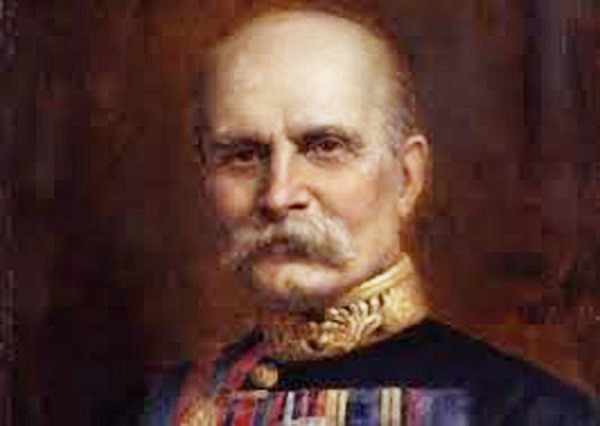
Sometimes it appears that the name “Lugard” is used generically, as if, to represent the face of the British colonial establishment in Nigeria. So, indeed, it should be. By the force of his character and resolute will, policy became what he said it was. In the Dual Mandate, published 4 years after the amalgamation, Lugard rationalized the concept of colonialism, on one hand, and on the other he expatiated on his arguments for imperialism which he had made in his previous work – The Rise of Our East African Empire. So with Lugard what Nigeria got was a true believer not only in the logic of colonialism but also imperialism. In his mind, Nigeria was a gift of the golden goose that would lay golden eggs forever with no fear of exhaustion.
So it was natural that the economic framework which Lugard helped to establish for Nigeria’s future had a bias for corruption built in. Let’s take just one example:
Establishment of Produce Marketing Boards
To administer those purchases, marketing boards were set up and run from London. Those boards would have a lasting and, ultimately, damaging impact on the Nigeria commodity trade.” – Gavin Ernest Purdie
The Produce Marketing Boards were erected solely to serve British strategic economic interests in Nigeria, and they disregarded and then degraded Nigeria’s cash crop farming initiatives. The idea of the boards evolved from Lugard’s trade policies to secure and safeguard Britain’s war needs during World War 1. Two decades later, as the world went to war for the second time, the Nigerian colonial establishment reenacted most of the policies which he had used – trade controls using a combination of tariffs and duties regimen, quota, and protectionism or exclusive trading partner status. With oversight from Whitehall, the colonial government established Produce Marketing Boards which sought to monopolize the entire crop harvested, in situ, by the farmer. To achieve that complex task the Boards appointed Licensed Buying Agents.
The multinational, United African Company, now a subsidiary of Unilever, was one such agent. In other words, in the hierarchy of interests, UAC came before the farmer.
The LBAs proceeded then to buy all of the farmer’s harvest at a fixed price set by the Board. If this looked like a practice straight out of Karl Marx’s political economic theory, it indeed was – the ‘free’ market had an oversight committee. The LBAs recruited their own middlemen and the farmer found himself two or three degrees removed from the board. In the end he had to settle for whatever price was offered to him. He was exposed in many ways and his decision making was reflected in the smaller farms he farmed the following year, so that he could be on the safer side.
After some time, he returned to the staple crops that gave him more reward for his efforts in a less complicated market.
Corruption is Built-in
The reader can see right away the weaknesses of this system, and how arguably, it led directly to the rot of corruption in our agricultural sector. There are always handy examples of corruption to give. Alhaji Aliyu Abdulhameed, M.D. of Nigeria Incentive-based Risk Sharing System for Agricultural Lending (NIRSAL) was fired late last year for allegedly diverting $12,162,807.87 meant for wheat farmers in Kano and Jigawa states. NIRSAL guarantees loans made to farmers by the Central Bank of Nigeria through its Anchor Borrowers Programme. The failure with the wheat farmers is also reflected in the mirage of rice pyramids on the savanna belt that the government of Maj. Gen. Muhammad Buhari talked so much about.
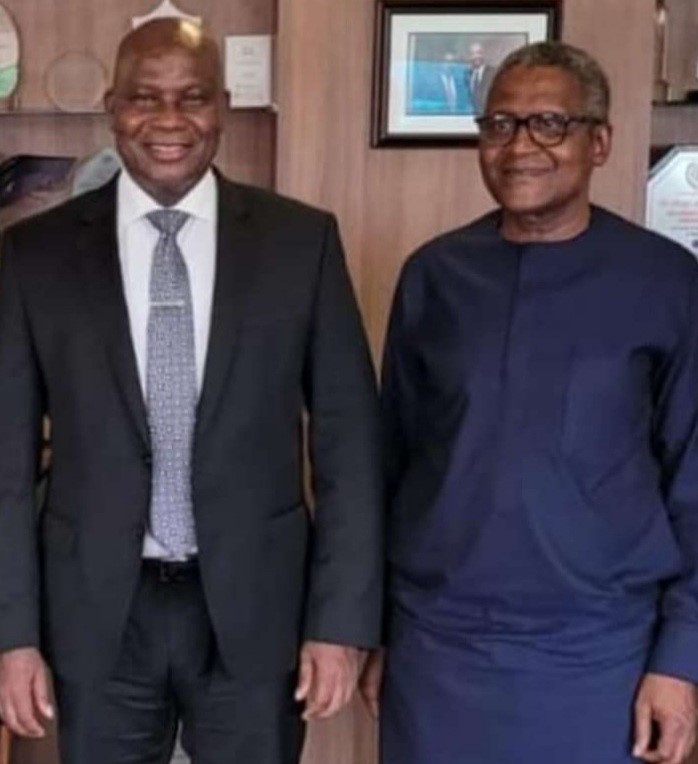
Perhaps, there would be an opportunity someday to examine what Singapore and Malaysia did differently with their produce marketing boards, and how and why they made a great success of their agricultural policies and programmes, though they were formerly British colonies too.
Summary
We have traced the origins of our unsustainable indebtedness to the unilateral actions and policies of Sir Lugard who transferred a portion of the British War Debt (£6,000,000 million) to our books, and incurred another debt for us for a war that didn’t concern us directly (£1,00,000 million). We have been on a slippery slope since. It would appear that the protocols of oversight and audit in our public sector are inadequate or are designed to fail. It is sad that after sixty-two years we haven’t been able to fix them. Also, it is tragic that there is no relief in sight judging by the atrociousness and desperation which the old guard – represented presidential candidates – have unleashed to protect these ‘Structures of Criminality’ as described by Peter Obi.
Ik Ngene is Prime Business Africa’s Public Interest Analyst. He writes from Atlanta.
Note: This is the first of PBA’s two -part article on The Lekki Deep Sea Port; Nigeria’s old debt burden with Great Britain and the Western democracies; and the challenges of assuming a new debt burden with the Chinese.

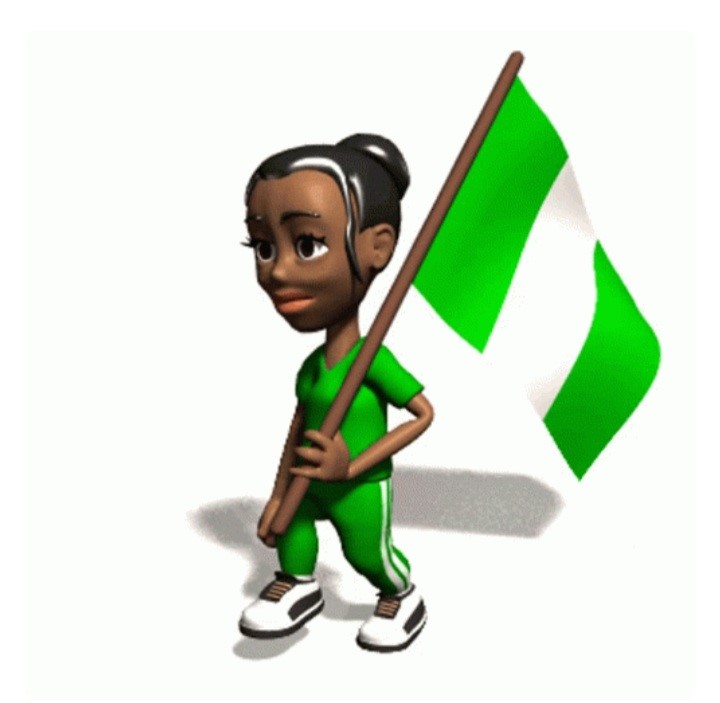

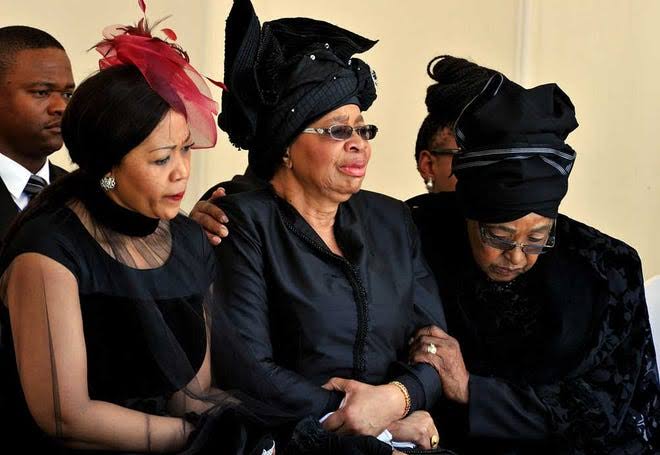
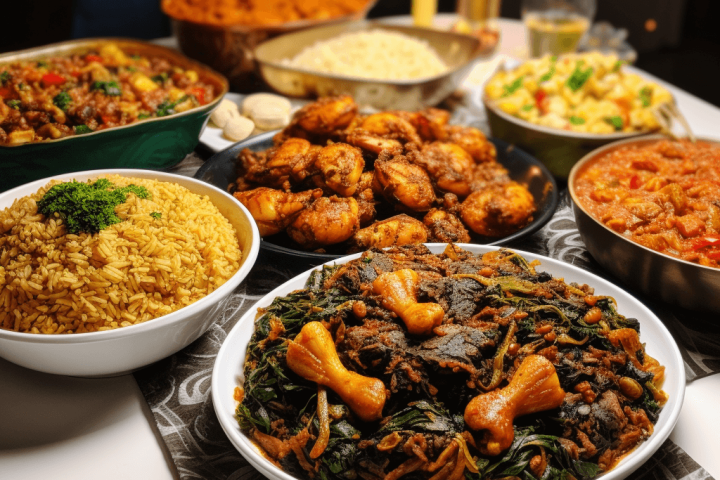







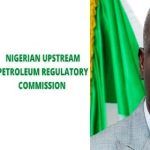
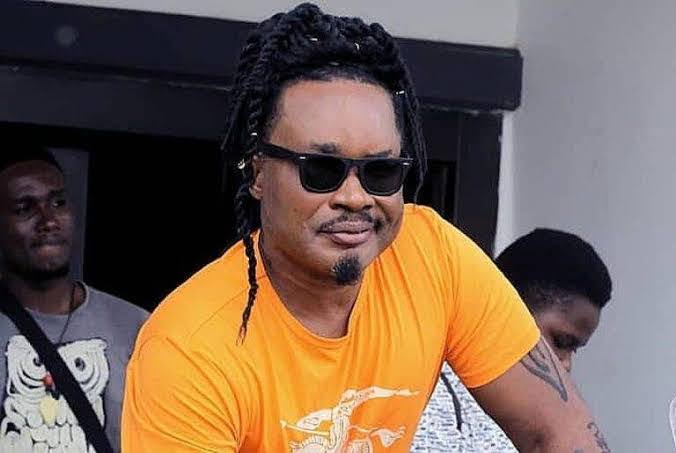

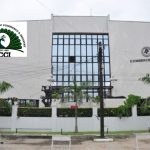
Follow Us